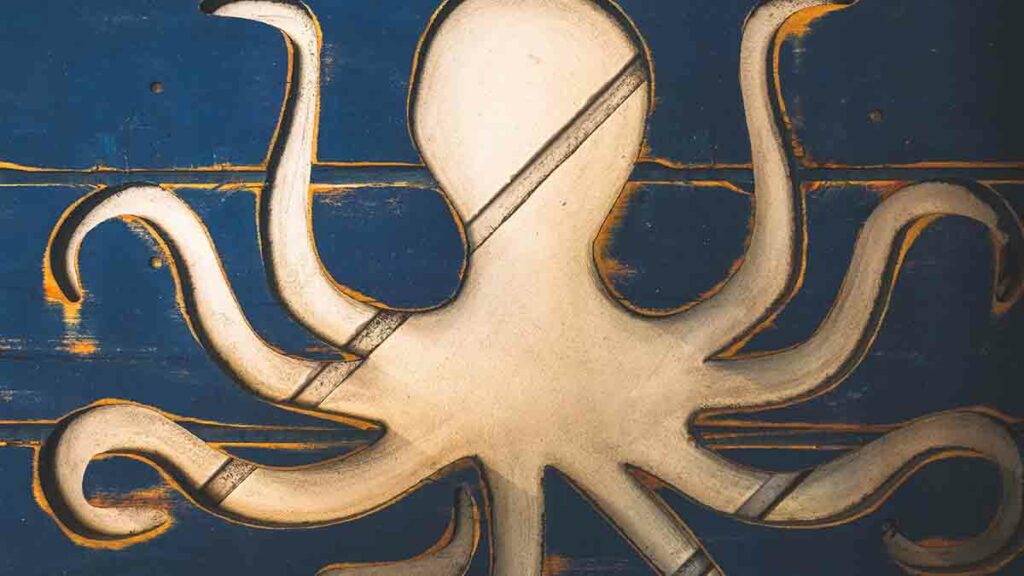Third entry of the new series of posts focused on the discovery of 5 creative typologies. This time, we talk about the so-called analogical creativity, the creativity of the octopus.
Octopuses are considered one of the most intelligent animals in the world. This is because they are able to learn from their mistakes and mistakes are nothing but experiences.
Analogy, the creativity of the octopus
Analogies refer to elements that have similarities, but are found in different things that are compared. To simplify the explanation, analogies help us to understand our experiences with other situations that may be similar.
Analogical creativity seeks to unite ideas that come from our experience with new ones that come from another type of context.
There are very good techniques for creativity based on analogies. One of them is color inspiration, which you can practice in this magnificent and simple website, TinEye Labs. This platform proposes to find analogies thanks to a stock of random images from Flickr.

Analogies play a crucial role in the creative process
Here are some good reasons why this is so:
They encourage divergence
Analogies open up new avenues of thought by connecting ideas or concepts that may initially seem unrelated. This stimulates the generation of diverse and original ideas.
They facilitate understanding
They help explain complex or abstract concepts by comparing them to something more familiar. This facilitates understanding for both the creator and the audience.
Promote innovation
By applying concepts from one domain to another, analogies can lead to unexpected and revolutionary solutions. This is fundamental to innovation and the generation of significant breakthroughs.
Overcome mental blocks
When faced with a complex problem, it is sometimes difficult to find a solution within the same context. Analogies allow you to step out of that context and approach the problem from a completely different perspective.
They stimulate lateral thinking
This involves thinking unconventionally and exploring new avenues. Analogies are a key tool for this type of thinking, as they challenge habitual associations and encourage new connections.
They aid in the communication of ideas
Analogies are an effective tool for communicating complex ideas in a more accessible and engaging way. They allow the receiver to relate the concept to something they already know.
Promote mental flexibility
By training your mind to look for similarities and relationships between seemingly unrelated ideas, you develop a valuable ability to adapt to different contexts and challenges.
Develop artistic creativity
In the visual arts and writing, they are a powerful tool for creating vivid images and evocative metaphors that resonate with audiences.
Facilitate problem solving
By looking at a problem from an analog perspective, you can apply proven solutions in a different context, which can lead to new ways of approaching the problem.
Photo credit: KM